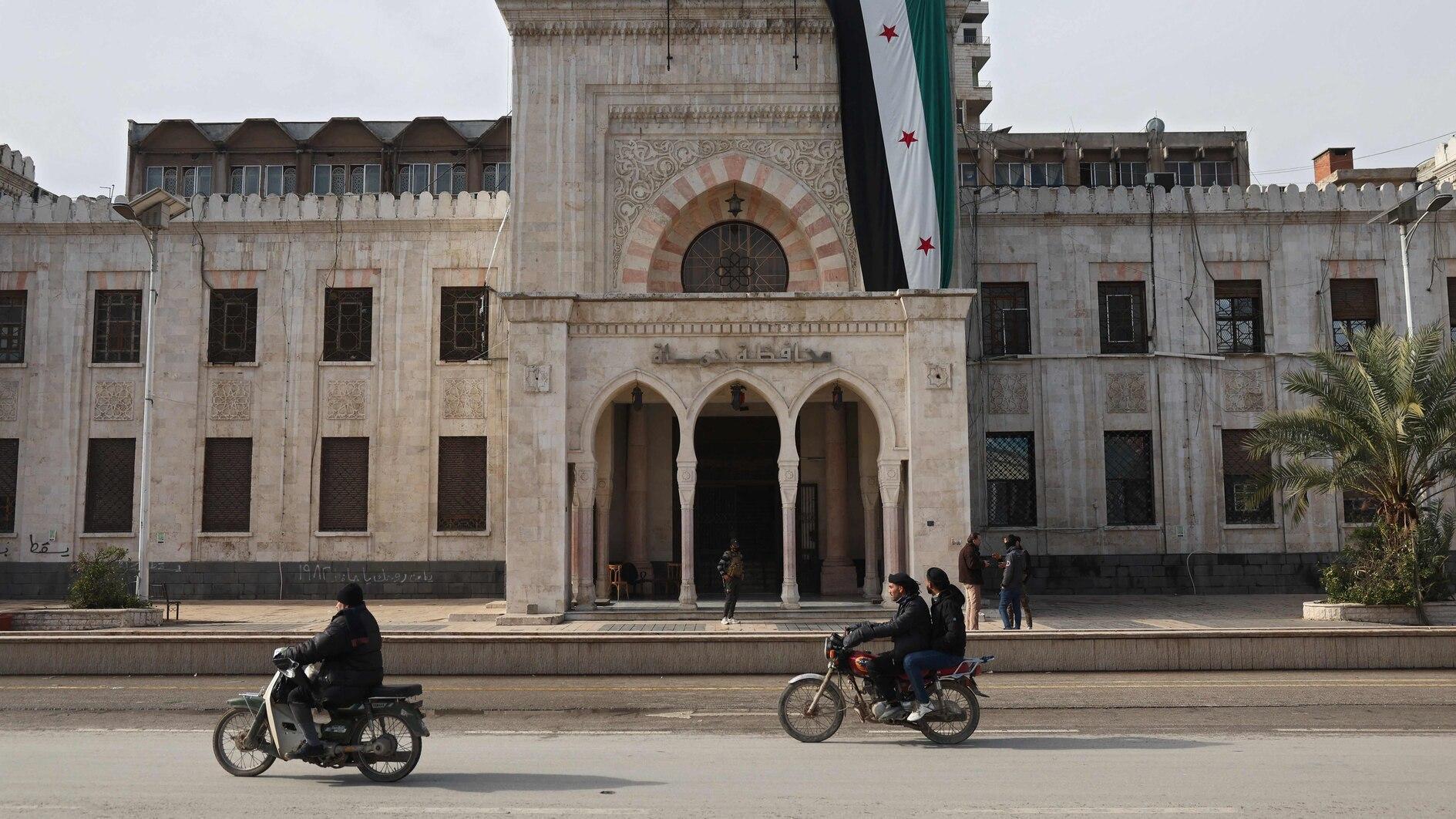
A historic national conference will soon be held in Syria, bringing together representatives from across its political, social, and ethnic spectrum to define the country’s trajectory following the fall of the Assad regime. The event, organized under the leadership of the Syrian Transitional Government (STG), is expected to lay the groundwork for a new constitution, governance structure, and security framework, marking a critical step in the nation’s post-conflict recovery.
Broad Participation Across Society
The conference will convene 1,200 participants from all Syrian provinces, reflecting the country’s diverse population. Attendees will include representatives from youth and women’s groups, civil society organizations, and religious communities. Invitations have also been extended to Syrian expatriates, including politicians, human rights activists, and experts, all participating in their personal capacities.
“This conference is an opportunity to unite the country after years of division,” said Muhammad Khalid, a political representative of the new administration. He noted that participants would address vital issues such as the dissolution of parliament, the creation of a constitutional drafting committee, and the restructuring of military and security formations.
Goals & Challenges
The conference aims to establish a constitutional committee tasked with drafting a new national framework. This committee will consider Syria’s rich diversity and propose a constitutional declaration to be put to a public referendum. Other expected outcomes include the dissolution of the former regime’s Baath Party and armed groups, including Hayat Tahrir al-Sham (HTS), which played a key role in toppling the regime.
However, challenges loom large. Political observers and analysts warn that the division of power among Syria’s various ethnic, religious, and political groups could lead to internal disputes, particularly as the dissolution of armed factions could be contentious.
Inclusive Transition
Former diplomat Danny Al-Baaj, now a senior fellow at the Omran Center for Strategic Studies (OCSS), stressed the importance of inclusivity at the conference. “In the Syrian situation today, there are two gains: the first is our ability to prevent international intervention, and the second is the ability to carry out a purely Syrian transitional process with Syrian ownership and management.” Al-Baaj called for broad but balanced representation, suggesting the participation of technocrats and societal leaders rather than an overly large gathering.
He advocates for a smaller more focused group of participants saying 150-200 is ideal, emphasizing the need for efficiency and meaningful contributions. He also recommends at least one-third of the attendees be women.
Research director at OCSS Maan Talaa, described the conference as a necessary step for addressing Syria’s legal and constitutional void. “This conference is a national need and is on the agenda of the next stage,” he said. Talaa outlined four critical outcomes the conference should achieve: drafting constitutional amendments or a temporary declaration, severing state ties with the Baath Party, forming committees for transitional justice, and establishing mechanisms for the transitional government’s operation.
Despite the optimism, Talaa warned of persistent challenges. “The clarity of the conference agenda will not produce major changes, but it can be considered a starting point in an ongoing discussion process that requires the availability of an environment for a healthy and sound discussion,” he explained.
A Turning Point for Syria
The National Conference represents a rare opportunity for Syrians to chart a unified path forward after more than a decade of civil war. While the road ahead is fraught with challenges, the conference’s success could provide a foundation for stability and reconstruction. As the nation prepares for this critical event, the world will be watching to see if Syria can seize this moment to overcome its divisions and embrace a more inclusive and democratic future.








